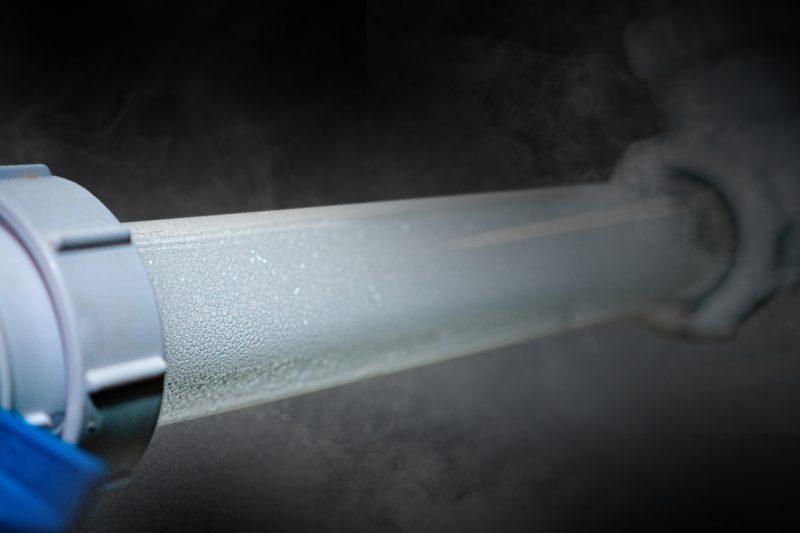Fortunately, here at Quintex, we are experts in preventing drain blockages, so we can help you keep your kitchens running smoothly. We have compiled five of the key alterations you can make to your daily routine to prevent blockages downstream.
Clear Food Wastage
It is of utmost importance to maintain proper cleanliness and hygiene in any kitchen environment. One essential practice in this regard is to clear food wastage into the appropriate disposal units before placing dishware into the sinks. Neglecting this step could potentially lead to drains overflowing, which not only creates an unsightly mess but also poses a significant sanitation concern. By adhering to this practice, you ensure that your kitchen remains clean and free from clogged drains, which can be both inconvenient and costly to resolve.
Dispose Of Waste Cooking Oil
Another crucial aspect of kitchen waste management is the proper disposal of waste cooking oil. It is imperative to use suitable containers for this purpose and establish a regular schedule for a licensed waste contractor to collect the oil. Failing to do so not only risks environmental harm but can also result in the clogging of pipes and drainage systems. Responsible disposal of waste cooking oil not only maintains the cleanliness of your kitchen but also contributes to eco-friendliness and adheres to regulatory guidelines.
Kitchen Sink Strainers
To prevent the inadvertent accumulation of waste in your kitchen sinks, it is advisable to place strainers over all drains. These strainers play a pivotal role in collecting any accidental waste that may find its way into the sink, such as small food particles and debris. To ensure the effective functioning of this measure, it is essential to clear out these strainers frequently. By doing so, you maintain optimal drainage efficiency and minimize the likelihood of blockages.
Avoid Disposing Of Oil In Sinks
Grease and oil are notorious for causing blockages and obstructions in drainage systems. Therefore, it is a best practice to avoid putting greasy or oily dishware directly into sinks without first wiping and cleaning the items with grease-combating soap. This simple step significantly reduces the amount of grease that enters the drainage system and helps to prevent the accumulation of residue that can lead to clogs. By adopting this precautionary measure, you safeguard the functionality of your kitchen’s plumbing and drainage.
Regular Maintenance
Regular maintenance is essential to prevent the build-up of debris and blockages in your kitchen drains. One effective way to tackle these issues is to use drain treatments on a frequent basis. These treatments are specifically designed to break down and eliminate substances that can accumulate and obstruct drainage over time. By incorporating this routine into your kitchen maintenance, you ensure the continued efficiency of your drains, reducing the risk of unexpected blockages and the associated inconveniences.
By following these tips, you can reduce drain blockages significantly. However, in a busy environment, these steps can become harder to stick to.
